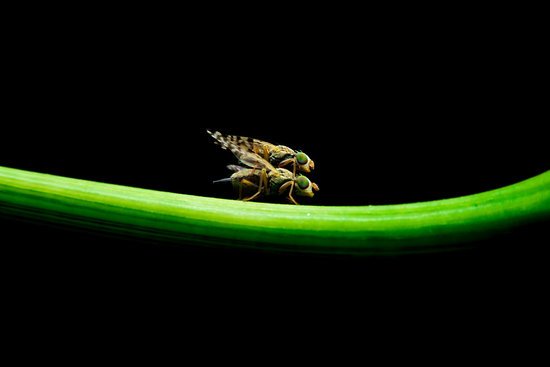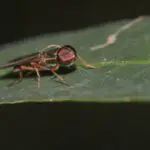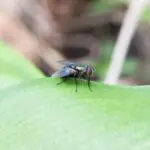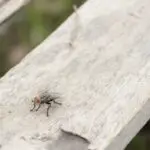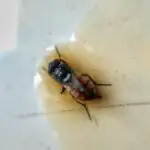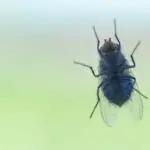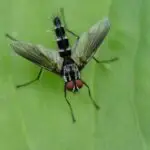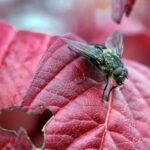Will Flies Go Extinct in a Decade?
Insects, such as flies, play an important role in the ecosystem, food chain, and population control. Without humans, some species of flies and mites would not be able to survive, including the ones that live in our sebaceous glands and hair follicles. In addition, flies help plants by spreading pollen, which helps fertilize future generations of plants. Without these insects, our ecosystem would not be able to function well, resulting in a decrease in productivity, and ultimately, plant death.
A new study examined 75 studies of insect populations. It studied groups from around the world and concluded that 40 percent of the world’s insect populations were declining, with a third already endangered. If the trend continues, a quarter of all insect populations could be extinct in a decade. But it’s not just flies that are suffering. Insects like mosquitoes and cockroaches are declining at a faster rate than other groups.
The problem is that climate change is affecting many types of flies, including houseflies, which depend on pollination to feed. Scientists say that climate change will have a negative effect on these insects. Some species, like the Delhi Sands flower-loving fly, are already endangered in the U.S. under the Endangered Species Act. Their petitions were filed in 1990 by scientists concerned about the species’ future.
While we may hate flies and their unpleasant habits, they actually play a vital role in nature. They help break down dead or decaying matter in the environment. This process helps bacteria to digest the decayed matter, allowing for the flow of organic nutrients back into the circulation. In addition to helping our ecosystems, flies help maintain the natural balance by increasing the surface area of decaying matter and increasing the number of bacteria.
